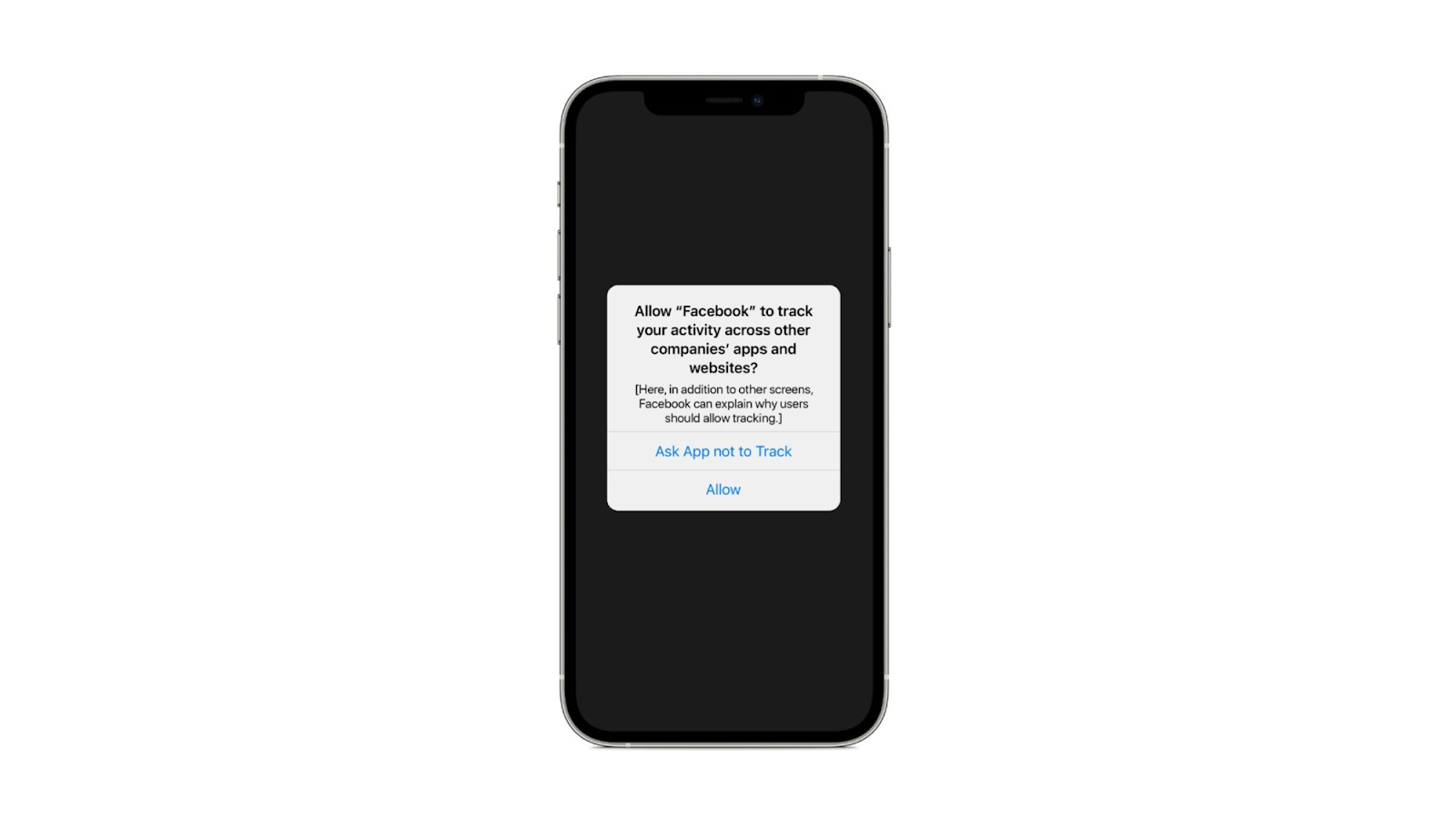If you’re a human with a smartphone living in the 21st century, you’ve likely heard at least whispers of concern regarding user privacy, even if it was just from your weird family member who swears her phone is listening to her.
Though that’s not really the case, no offence Aunty Cheryl, as marketers we know that the extent of data actually collected by Facebook has allowed for huge returns on digital ad spend as a result of the extreme precision that Facebook Ads’ targeting provides. Small businesses and agencies alike have been able to leverage such data in order to connect with niche audiences keen on discovering products that can meet their needs, with little to no effort needed to find that perfect pair of sandals just in time for summer—or, I mean, whatever they might be looking for.
That said, consumers present real concerns regarding their privacy and the mystery that is data collection for the average joe, particularly in terms of the nature of consent and how much say a user really has in the information they provide to companies like Facebook, how it’s used, and where that information ends up. It might be mentioned in the Terms & Conditions, but unless you’re bored enough to actually read them, these documents go largely unchecked. I don’t know about you, but my finger is truly a heat-seeking missile for that “Agree” button. Get out of my way. Get out of my way!
In order to brand themselves as a leader in user privacy and informed consent, Apple has moved towards a privacy-centric model with their latest update, released on April 26th, 2021. The App Tracking Transparency in iOS 14.5 prompts users to give their consent before sharing their data with companies. Most users access Facebook via the mobile app, not their desktop, so this update poses a large threat to the data Facebook is able to collect. With a market share like Apple’s, it’s easy to see why an iPhone update like this one has Facebook executives sweating.
Truly, the Apple software update alludes to an interesting balance between privacy and tailored user experiences, effectively creating a tug-of-war between Facebook and Apple with advertisers and small business owners stuck in the middle, unsure of the effect on their advertising investments.
So how exactly will this update impact the technical side of Facebook advertising, and how should marketers respond?

The Effect On:
Conversion Tracking
Previously, advertisers could track a user’s activity pre-conversion/purchase across devices, from discovery, to consideration, to hitting that Add to Cart button. With the update, we will still be able to see that a conversion has occurred, but the water gets murkier when it comes to the activity before conversion. As well, the users that opt-out with the update may not be included in purchase tracking within the Facebook Ads platform, so, this is a good opportunity to ensure that you’re fully utilizing Google Analytics and its campaign tagging features for any Facebook Ads such that you get the best picture possible of your conversions.
Look-A-Like Audiences
Digital marketers champion the look-a-like feature of Facebook Ads, which uses AI to find a pool of people who resemble a company’s existing customer. This is done by leveraging demographic data, interests, careers, and other information collected about a user. Unsurprisingly, this algorithm relies heavily on collecting as much data as possible for the greatest accuracy, an objective in direct conflict with the iOS 14.5 update.
Return On Ad Spend
As a result of the above, the return on Facebook ad spend is projected to drop substantially, largely due to a decrease in the precision of targeting. Advertisers will now have to invest more in order to reach a wider audience, which may be less receptive to an offering unsuited to their preferences or needs.
What Should Businesses Do?
The situation will continue to evolve, but the fact remains: Facebook advertising is still a powerful tool. As with any digital marketing strategy, but especially in light of this update, businesses would be wise to diversify their digital efforts rather than concentrating on a single channel. While Paid Facebook Ads often steal the show, they’re just one piece of the puzzle. Platforms like Organic Social, Google Ads, and Organic Search Engine Optimization are equally powerful tools you can leverage to drive conversion for your business.
Marketers need to be innovative, especially in the rapidly evolving digital space. Yes, things change, but that’s the nature of this industry and the world we live in. Now is the time to adapt, be creative in our solutions, and trust the experts.
Need a hand navigating the situation? We don’t blame you. Let’s chat about your digital strategy today!